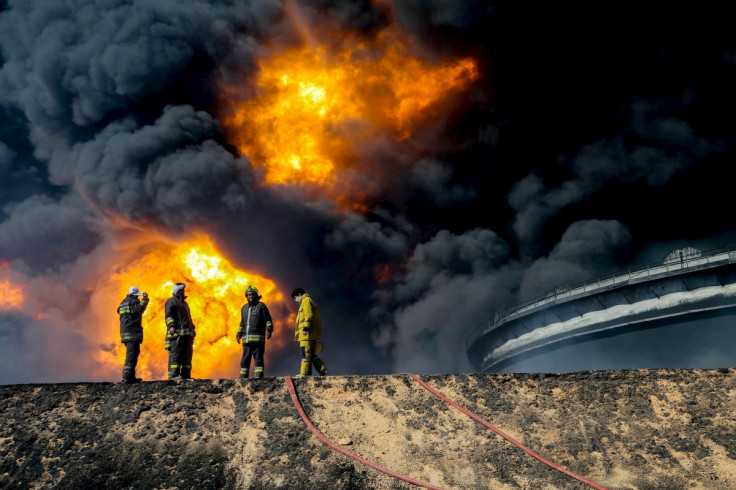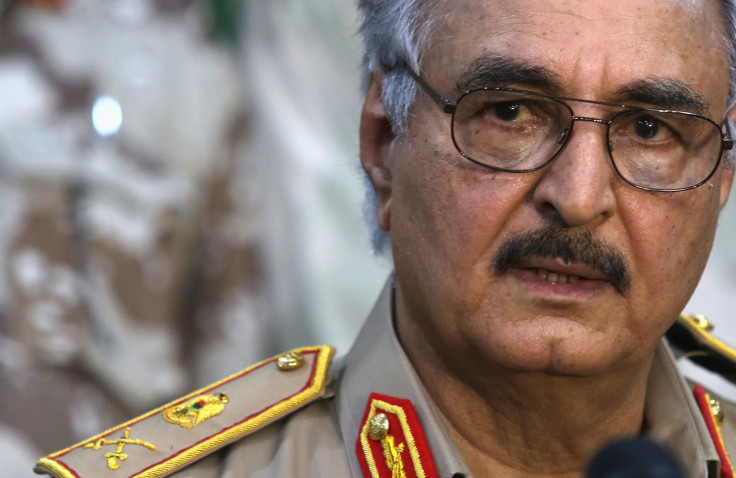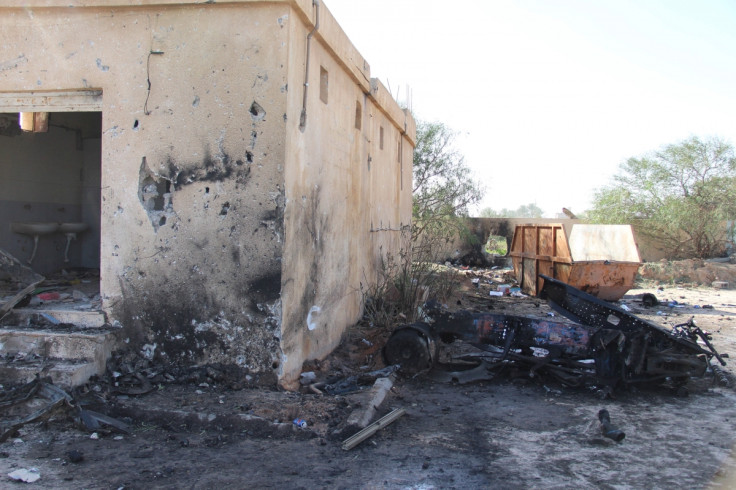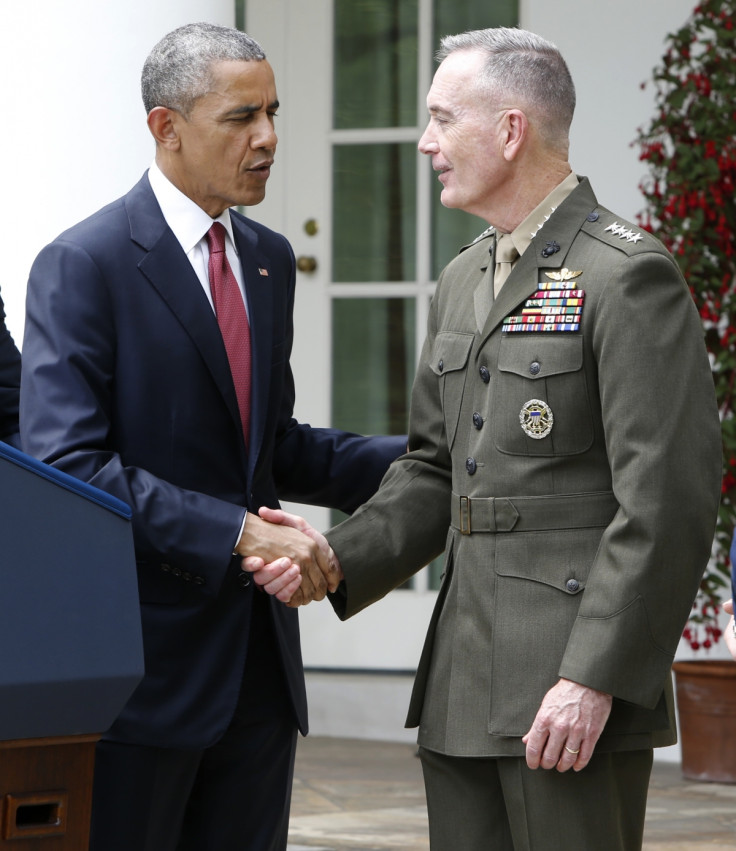Libya: Parliament rejects UN government leaving Isis attack plan in limbo

Libya's recognised parliament, the House of Representatives based in Beida, has rejected a proposed UN-backed unity government, leaving plans for an international intervention against the Islamic State in an uncomfortable limbo.
The House of Representatives voted down the UN-backed agreement by 89 votes out of 104, rejecting one section of the peace plan which places command of Libya's armed forces solely under the control of the proposed government and demanding a smaller cabinet.
"We're back into the territory of three governments in Libya and I think it is going to be a difficult ride from now on"
- Senior Fellow at the Atlantic Council's Rafik Hariri Centre Hafed al-Ghwell
The margin of the vote shows the influence wielded over the legislature by the current head of the armed forces in the east of the country, General Khalifa Hafter. The Gaddafi-era military leader has been a deeply divisive figure in Libya's civil war and any unity government framework handing him control of the armed forces would immediately rule out the participation of the government in Tripoli.
The UN envoy to Libya, German diplomat Martin Kobler, now has to present an amended peace plan to the House of Representatives. Kobler has regularly repeated calls for urgency in the wake of increased Islamic State violence saying indecision on the unity government allows the group to strengthen its hold on its coastal stronghold of Sirte and carry out further atrocities.

Scores were killed at a police graduation in the west of the country in the town of Zliten in a massive IS suicide bomb attack and billions of dollars' worth of oil reserves have gone up in flames following repeated attacks by the militants on oil terminals at Ras Lanuf and Sidra.
The international community has become increasingly uncomfortable with the growing Islamic State Franchise on the shores of the Mediterranean, with plans for an intervention in the country gaining steam. The British and Italian governments have pledged troops to Libya and reports have emerged of US Special Forces already operating on the ground. However, members of the western intervention have stated they will not move forward until a unity government is formed.
Marine General Joseph Dunford, chairman of the US Joint Chiefs of Staff, told reporters on 22 January that action against IS in Libya could be weeks away, but reiterated any intervention needed to be made on the terms of the proposed unity government.

"I think it's pretty clear to all of us – French and US alike – that whatever we do is going to be in conjunction with the new government," he was quoted as saying by Reuters
Libya analyst and Senior Fellow at the Atlantic Council's Rafik Hariri Centre Hafed al-Ghwell told IBTimes UK the continued failure of the deal reflected clear problems. "We're back into the territory of three governments in Libya and I think it is going to be a difficult ride from now on," he said.

"All of this really points back to the fact that this agreement... has been on shaky ground from the beginning and hasn't had credibility. It was designed outside the reality on the ground, otherwise you wouldn't have these problems popping up every couple of weeks," he added.
Ghwell said rejection of the deal left plans for a foreign intervention unclear, but cautioned against British, Italian or US boots on the ground. "Two years ago the situation was favourable to an intervention, even up to a year and a half ago it was possible to have a difference on the ground," he said.
"Right now, in these conditions and these circumstances and deep divisions, I believe any western intervention is going to become a disaster very, very quickly. In Afghanistan and Iraq interventions sucked in every radical. I think an intervention in Libya would motivate every group in Africa from Boko Haram down to find excuses for a holy war against the west," he added.
It appears increasingly likely that the UN and nations closely involved in Libya's conflict will look to hand down sanctions against individuals standing in the way of the peace process. However with those individuals holding few overseas assets and having little reason to travel outside the country, what impact the sanctions will have is unclear.
© Copyright IBTimes 2025. All rights reserved.






















